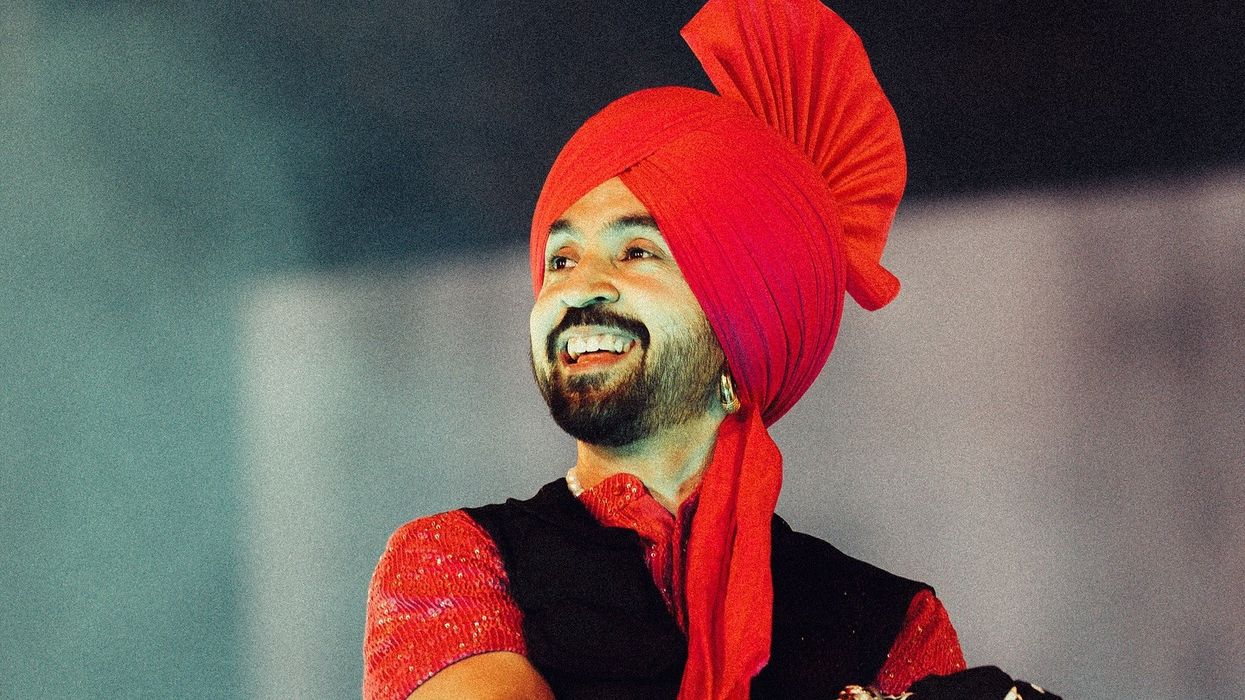For the first time since the Taliban's capture of power in Kabul, India has sent a team led by a senior diplomat to Afghanistan to oversee the delivery of its humanitarian aid and meet with senior members of the Taliban.
The team, led by JP Singh, the external affairs ministry's point person for Pakistan, Afghanistan and Iran, will meet the senior members of the Taliban and hold discussions on India's humanitarian assistance to the people of Afghanistan, according to an official statement on Thursday.
"A team led by the Joint Secretary (PAI), Ministry of External Affairs (MEA), is currently on a visit to Kabul to oversee the delivery operations of our humanitarian assistance to Afghanistan," the MEA said.
At a media briefing, External Affairs Ministry Spokesperson Arindam Bagchi said the team will try to visit various places in Afghanistan where India-assisted projects and programmes are being implemented.
He, however, did not provide details such as the composition of the team, duration of the trip, places to be visited by it apart from Kabul and its scheduled meetings.
In its statement, the MEA said the team will meet representatives of the international organisations involved in the distribution of humanitarian assistance.
Asked whether India will reopen its embassy in Kabul, Bagchi did not give a direct reply and said the local staff continued to function at the mission.
"Post August 15 last year, in the light of deteriorating security situation in Afghanistan, it was decided to bring back all India-based officials. However, the local staff continued to function and ensure proper maintenance and upkeep of our premises there," Bagchi said.
He said the local staff have also been assisting in the delivery of humanitarian assistance.
To a question on whether India was looking at recognising the Taliban regime, Bagchi only said New Delhi is engaged with the international community on issues relating to Afghanistan.
"We are engaged with the international community on what is their expectation from the Taliban. We will continue to engage with the international community on issues relating to Afghanistan including the issue of recognition," Bagchi said.
"India has historical and civilisational ties with Afghan people and those long-standing ties will continue to guide our approach to Afghanistan," he said.
In September last year, after the Taliban takeover of Kabul, India's envoy to Qatar, Deepak Mittal, met senior Taliban leader Sher Mohammad Abbas Stanekzai at the Indian embassy in Doha.
In response to the humanitarian needs of the Afghan people, India extended humanitarian assistance to the Afghan people and it has already dispatched several shipments of humanitarian assistance consisting of 20,000 metric tonnes of wheat, 13 tons of medicines, 500,000 doses of COVID-19 vaccine and winter clothing.
These consignments were handed over to the India Gandhi Children Hospital in Kabul and UN agencies including the World Health Organisation and the World Food Programme.
Furthermore, India is in the process of shipping more medical assistance and foodgrains to Afghanistan.
"In continuation with our developmental partnership with Afghan brethren, we have gifted one million doses of India-made COVAXIN to Iran to administer to Afghan refugees in Iran. We have also assisted UNICEF by supplying almost 60 million doses of polio vaccine and two tons of essential medicines," the MEA said.
It said India's development and humanitarian assistance have received widespread appreciation across the entire spectrum of Afghan society.
"In this connection, the Indian team will meet the senior members of the Taliban, and hold discussions on India's humanitarian assistance to the people of Afghanistan," the MEA said.
It said India has historical and civilisational ties with the Afghan people and these longstanding linkages will continue to guide our approach.
India has been concerned about the developments in Afghanistan.
It hosted a regional dialogue on Afghanistan in November that was attended by NSAs of Russia, Iran, Kazakhstan, Kyrgyzstan, Tajikistan, Turkmenistan and Uzbekistan.
The participating countries vowed to work towards ensuring that Afghanistan does not become a safe haven for global terrorism and called for the formation of an "open and truly inclusive" government in Kabul with representation from all sections of Afghan society.
A declaration released at the end of the Delhi Regional Security Dialogue on Afghanistan said Afghan territory should not be used for sheltering, training, planning or financing any terrorist acts.
India has been pitching for providing unimpeded humanitarian aid to Afghanistan to address the unfolding humanitarian crisis in the country.
It has not yet recognised the Taliban regime in Afghanistan.
Courtesy: PTI



















Ten million stories of migration to Britain